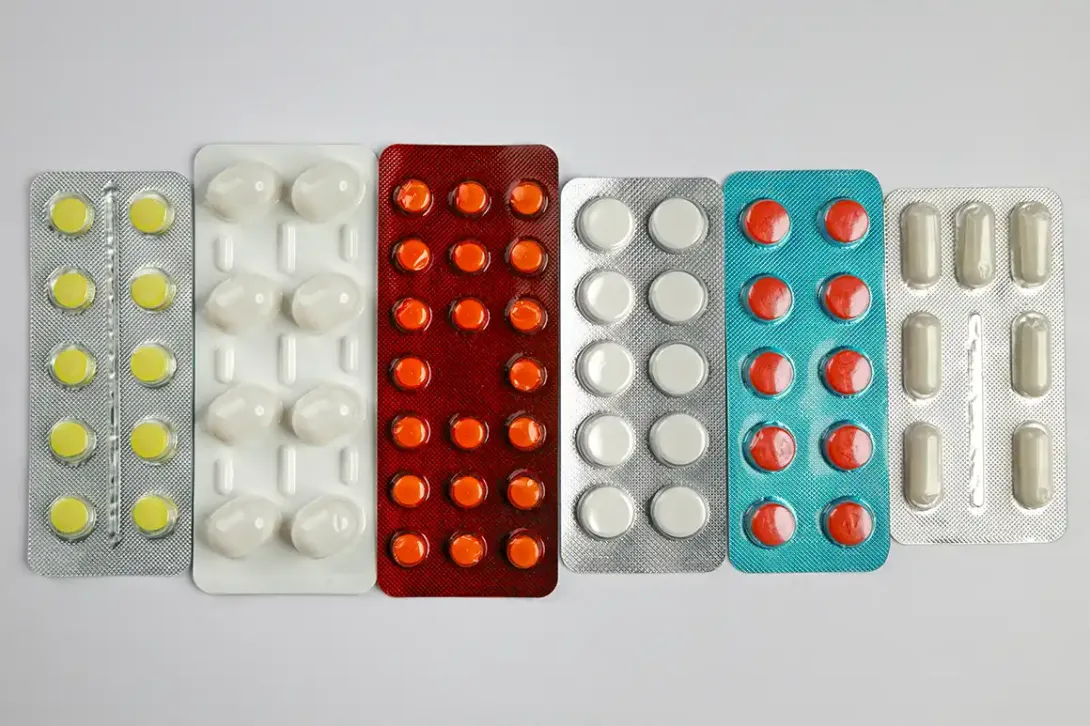
“Drugs” à la carte
The use of medicines has revolutionised modern medicine, improving the quality of life of millions of people. But mass access to these substances is a double-edged sword.
Medicines have produced extraordinary benefits in our lives. According to Thomas Hager, the author of Ten Drugs: How Plants, Powders and Pills Have Shaped the History of Medicine, around two hundred years ago, life expectancy was approximately half of what it is now. However, they have also generated some risks such as over medication, something that is particularly obvious in the most capitalist societies or where there is a larger pharmaceutical industry. Hager affirms, on this point, that “no country in all the history of mankind has taken as many drugs or has spent so much money to obtain them as the United States at present.”
Self-medication and the habit of fighting the slightest discomfort with some kind of medicine can end up resulting in new health problems. For this reason, last year the Generalitat de Cataluña started up a campaign called Pastillas, solo las necesarias (Pills, just the necessary ones) which informed about the responsible, suitable use of drugs as well-known as Paracetamol. More recently, the same Regional Administration has promoted another informative project to reduce unsuitable use in polymedicated people.
At the same time, the Internet can be a spur for this type of irresponsible behaviour. Ana Ibáñez’s doctorate thesis, published last year at the University of Alicante, warned about the danger of self-medication in digital society, where the risk of over information lives alongside the lack of information. The healthcare education of citizens is, therefore, more necessary than ever, in a setting in which access to drugs and information that should be interpreted by specialists, could become a risk factor.
The society of discomfort
The modern world, with its relentless rhythm of living, has seen the percentages for anxiety and depression increase, along with other mental illnesses. The difficulty in offering an effective solution to complex social questions that distress citizens (and that can act as triggers for possible mental illnesses) mean that a solution is tried to be found using healthcare tools. As Belen Gonzalez, commissioner for Public Health from the Ministry of Health explained last May, “we know, for example, that in our country the diagnosis of schizophrenia is twelve times more frequent in low income families than in families with higher earnings, or that the use of antidepressants is approximately four times higher according to the social class. This does not mean that social problems can be resolved from the consulting rooms of psychologists and psychiatrists. We often identify that a patient really needs a labour lawyer, rather than a psychologist. Faced with the impotence of not being able to do anything and the lack of time to generate a narrative that is more adapted to social problems, they opt for prescribing psychotropic drugs.”
Spain is now the second European country with the highest consumption of anxiolytics, behind Portugal and the fourth in the consumption of antidepressants. The prescriptions for this type of drug have not stopped increasing since registers were first made. This rise is particularly concerning amongst the younger population. Between the ages of 20 to 24 years, the consumption of antidepressants has increased by 52% since 2017 and amongst the group of 25-29 years it has risen by 40.4%. Against this backdrop, the Government has announced a new plan of action, which should come into force this year, to measure the mental suffering derived from work, fighting against suicide and curbing over-prescription.



